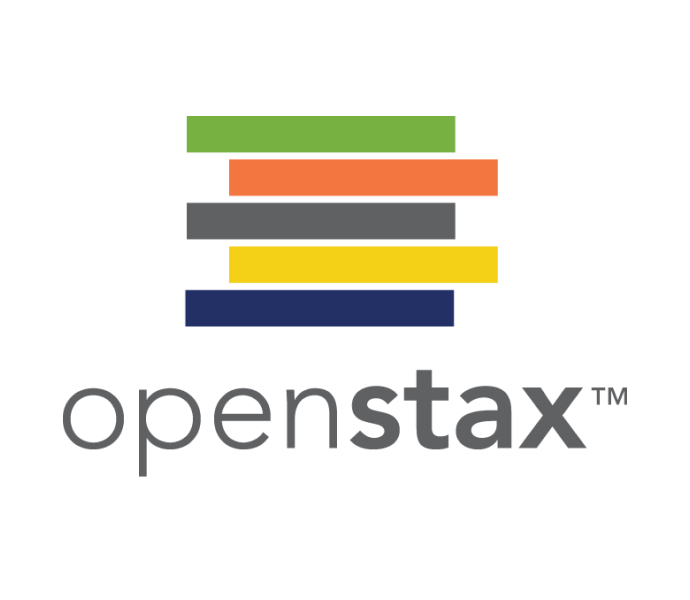Rice University-OpenStax
RAISE+: Rice Algebra Initiative for Equity & Success

Project Title
RAISE+: Rice Algebra Initiative for Success and Equity + Machine Learning-based Error Diagnosis and Feedback
![]() Houston, TX and Amherst, MA
Houston, TX and Amherst, MA
Houston, Texas and Amherst, Massachusetts intermediate school districts (ISDs), including:
- Houston ISD
- Alvin ISD
- Aldine ISD
- Fort Bend ISD
- Alief ISD
- Klein ISD
- Spring ISD
What’s the problem that Rice-OpenStax is trying to solve?
Many factors affect middle school math proficiency. These can be due to emotions, motivation, or just differences in prior knowledge and skills. But one of the major issues is often reading; students simply don’t have the skills to decipher the exact nature of the problem.
What does RAISE+ do?
The program intervenes based on the type of reading error that a student has made in Algebra I tasks. Interventions include providing feedback corresponding to the error type as well as suggestions for how teachers respond.
What is the wow factor?
Using AI-driven tools, the program identifies the type of reading error that the student made to then adapt feedback, making it more effective and tailored to students’ needs, accounting for students’ motivational, computational, and cognitive gaps.
How does it work?
Within the platform, students answer questions to problems. Common wrong answers contribute to the development of a dataset of wrong answers, which are presented to teachers to guess where and/or how a student might have arrived at that answer and provide targeted feedback on what the student could do differently. These will inform the automated diagnosis of errors and machine learning approach to automatically produce personalized feedback. In future work, the program will train teachers to use self-explanation to articulate how they arrived at their answers, which, in combination with natural language processing, will provide rich data on other key knowledge gaps such as vocabulary.
or contact Sarah Bidwell at sarah.bidwell@rice.edu.
Members



